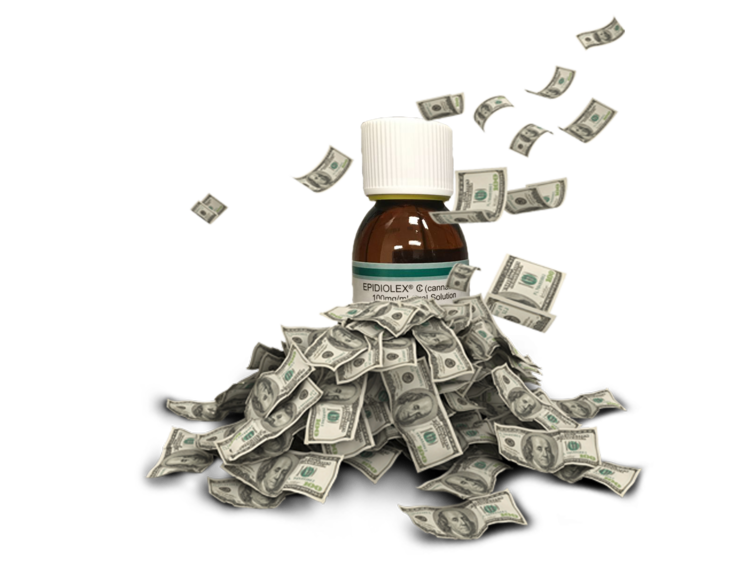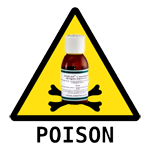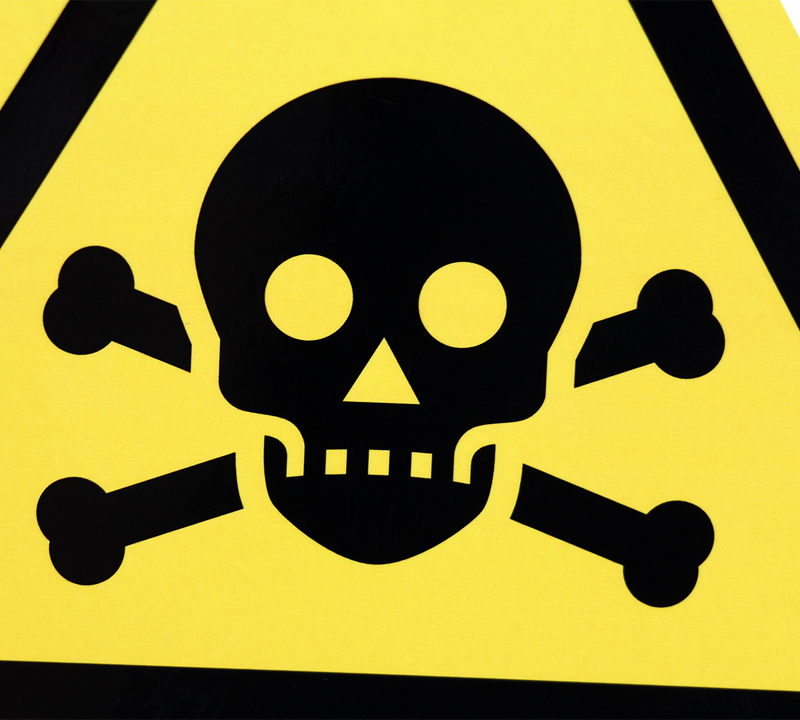
On June 25th of this year, the DEA was given 90 days to make a ruling on how to deal with the fact that their peers at the FDA approved a new cannabis-derived CBD isolate called Epidiolex, created and brought to market by a UK-based company called GW Pharmaceuticals.
Cannabis remains a Schedule I drug on the federal list of controlled/banned substances because, according to the federal government that just approved a cannabis-derived medicine, the cannabis plant allegedly has no medicinal value.
Because of this mindbending lack of logic, the DEA had until yesterday to decide on whether or not to reschedule or completely deschedule the cannabis plant from their naughty list, or to somehow try a linguistic isolation of CBD to loosen the barriers on one specific compound of a plant that grows naturally, or to just kill the GW Pharma deal in its tracks.
Yesterday came and went without any announcement or update from the DEA, but with each day that passes we learn more about Epidiolex and we do not like what we are seeing.

We have reported that GW Pharma’s creation is aimed at treating patients, typically minors, who suffer from intractable/untreatable epilepsy and seizures. That is absolutely a noble cause, but we have also discussed the fact that the proposed cost for a one year supply of Epidiolex will set a family back well over $30,000 – several times more than if they were to obtain full spectrum hash oil, or CBD oil, from the grey or black markets or even from a local, legal dispensary.
But more information has been released about the treatment and what its advertised side effects are. It’s pretty frightening, and once added to the growing amount of patient feedback from clinical trials, it starts to become clear why the DEA is dragging its feet on their decision.
First let’s start with the known, legally disclaimed side effects from Epidiolex.
From the FDA’s own website:
Hepatocellular Injury: EPIDIOLEX can cause transaminase elevations. (LIVER DAMAGE) Concomitant use of valproate and higher doses of EPIDIOLEX increase the risk of transaminase elevations. See Full Prescribing Information for serum transaminase and bilirubin monitoring recommendations. (5.1) Somnolence and Sedation: Monitor for somnolence and sedation and advise patients not to drive or operate machinery until they have gained sufficient experience on EPIDIOLEX. (5.2) Suicidal Behavior and Ideation: Monitor patients for suicidal behavior and thoughts. (5.3) Hypersenstivity Reactions: Advise patients to seek immediate medical care.(5.4) Withdrawal of Antiepileptic Drugs: EPIDIOLEX should be gradually withdrawn to minimize the risk of increased seizure frequency and status epilepticus.
Since when does cannabis cause liver damage? Some people suspect it could be the sucralose in the artificial strawberry flavoring, but that is just speculation until further testing is done.
Regardless of the flavor, why is an allegedly naturally derived CBD medication causing suicidal thoughts in those who take it?
And if you are wondering what status epilepticus is, it’s an emergency situation when a seizure lasts longer than 5 minutes or when seizures occur close together without recovery in between. It kills over 50,000 people every year, and now we know that the use of Epidiolex, which is supposed to cure these seizures, could actually increase their frequency and intensity to the point of death. That’s fucking horrible.
medical marijuana blog by the name of MikesMedicine.com claims that 10% of the patients treated with Epidiolex have suffered bouts with status epilepticus requiring a powerful sedative to counteract the side effects of this FDA approved poison. We have not been able to substantiate that statistic but the fact remains that CBD, in its natural form, is not burdened with a potentially fatal risk of addiction.
Under “Adverse Reactions”, the FDA warns that Epidiolex may cause “somnolence; decreased appetite; diarrhea; transaminase elevations; fatigue, malaise, and asthenia; rash; insomnia, sleep disorder, and poor quality sleep; and infections.”
They also add that if it is used by a pregnant woman it can cause fetal harm.
Make no mistake, if you ever see an oversaturated commercial for Epidiolex on television, ALL of these side effects will have to be disclaimed, making cannabis look no better than lab-created chemicals in the eyes of many uneducated viewers.
Liz Minda is a cannabis advocate, a nurse, and the mother of a little girl named Jadyn who suffers from Intractable Epilepsy. Here is her take on Epidiolex: “She has been off all pharmaceuticals for 26.5 months. We used Charlotte’s Web to wean off Epidiolex, ultimately full cannabis oil was required for weaning Onfi, Banzel, Depakote, Versed and Diastat. Epidiolex became the last pharmaceutical we tried and failed for seizure cessation. We weaned these last 5 within 3 weeks using full cannabis oil. Full cannabis oil stopped status and gave a brighter cognitive and physical ability every day. The best Leap of Faith I have ever taken. Currently, for the last 12 months Jadyn is on CBD only.”
The federal government’s half-cocked approval of this drug has been suspect from the minute we learned about it. Epidiolex certainly does not paint the cannabis plant in a positive light, and maybe that is the intention, but stories like Jadyn’s are undeniable proof of the power of the entourage effect that we receive from the full spectrum of cannabinoids found in the cannabis plant and that is what we will continue to fight for.
Your move, DEA.

Keep updated on all the latest news and updates in the Cannabis industry here at Beard Bros Pharms by signing for our Friday Sesh Newsletter here. Always Dank and Never Spam!

















